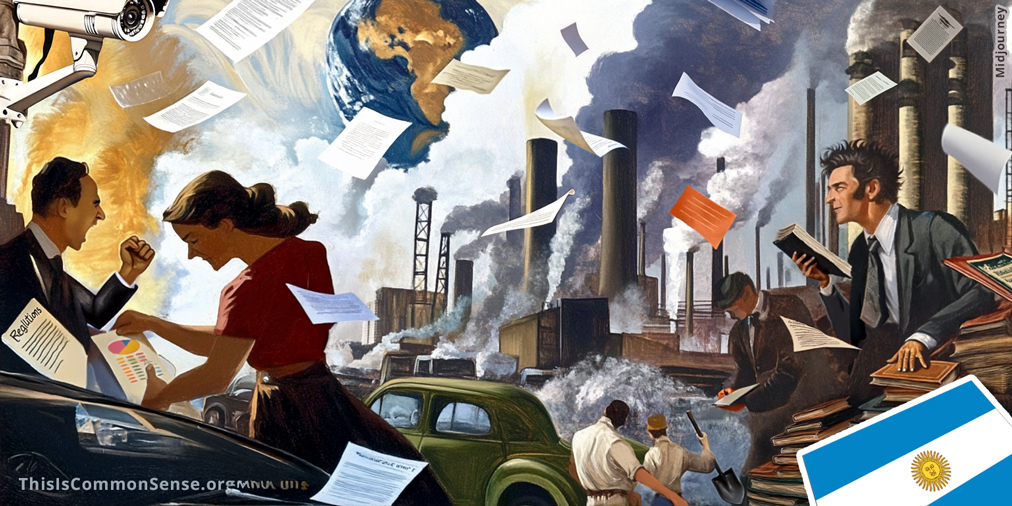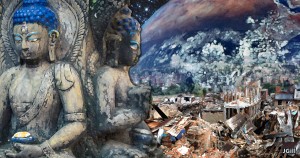“In the history of the Earth, there is a cycle of temperatures,” said Javier Milei during a presidential debate in 2023. “We are not going to adhere to the 2030 Agenda [a United Nations list of dozens of goals for curtailing countries’ use of resources]. We do not adhere to cultural Marxism. We do not adhere to decadence.”
Now Argentina’s President Milei is acting to formally withdraw from accords requiring countries to become poorer in order to “save the planet,” etc.
Although Milei has axed many government departments, his government still has a chief environmental officer. This personage had been leading the Argentine delegation attending the COP29 climate summit in Azerbaijan, happening November 11 – 22, 2024. But Argentina had told the delegation not to participate.
Now Milei has pulled them from the summit. Why? That was not immediately announced. But “Milei has consistently denied the existence of a climate crisis,” moans the Buenos Aires Herald.
Denialist Milei doubtless recognizes hurricanes, tornadoes, and other incidents of drastic weather. He’d probably add, though, that planet earth has seen plenty of crisis-level weather before carbon-emitting industry arrived to take the blame.
Milei’s decision to exit COP29 came a day after his meeting with President-elect Donald Trump, of like mind on environmental and other questions.
Trump is expected to re-withdraw the U.S. from the 2015 Paris agreement, another anti-industrial environmental accord. We don’t know yet whether Argentina will also withdraw.
But if you’re betting Yes, I like your chances.
This is Common Sense. I’m Paul Jacob.
Illustration created with Midjourney
See all recent commentary
(simplified and organized)
See recent popular posts


